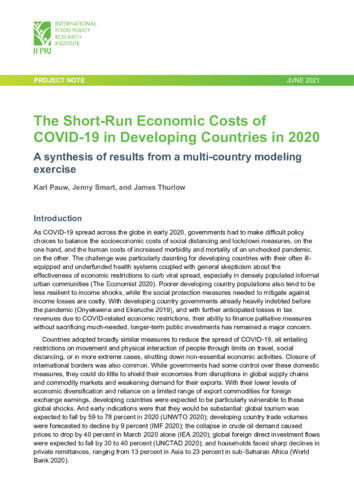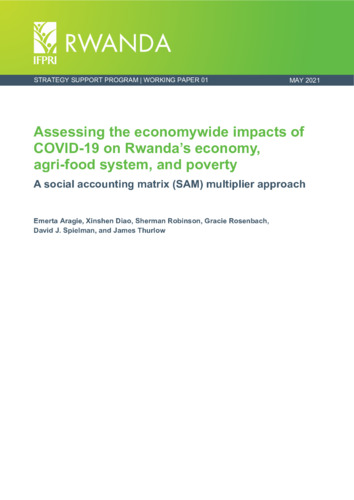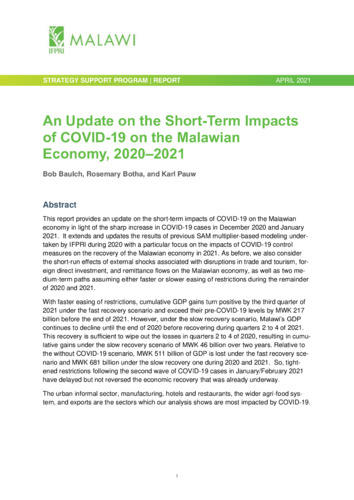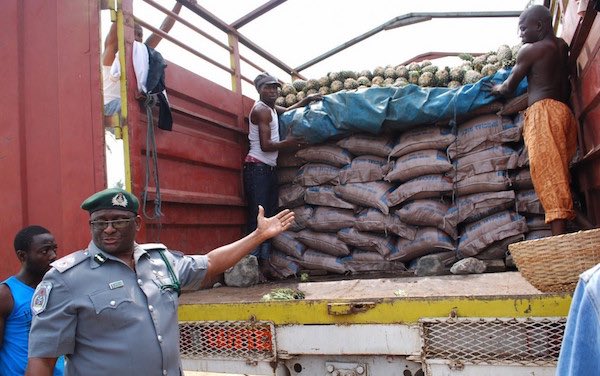There is broad consensus in the economic literature as well as within Africa on the fact that data on trade across the continent are seriously lacking. On the one hand, there is a clear problem of reporting with respect to African trade data in international databases such as COMTRADE. On the other, under-reporting and or downright non-registering of formal trade as well as missing information on informal trade, due to smuggling or weak data collection systems, all constitute major challenges that need to be overcome.
The issue of informal trade is of key importance. Evaluating its importance has led in the recent past to high and divergent estimates. In some countries (such as Benin and Uganda) and for some specific commodities, informal trade much higher than formal trade. It is also crucial to identify the determinants of such a high level of informal trade. The literature has identified the main determinants of informal trade in Sub-Saharan Africa as (i) high export and import duties, (ii) non-transparent and divergent regulatory requirements, (iii) obstructed entry and exit of products in some countries and (iv) weak law enforcement.
Objectives
The objective of this project is to improve our understanding of the true status of agricultural trade among African countries and identify policy and intervention options to overcome challenges and seize opportunities to promote trade and integration in line with the Maputo ambitions. More specifically, the initiative seeks to provide responses to the following key questions that need to be answered in order to solve the main challenges faced by African countries in their efforts to promote intra-African as well as overall trade:
- What are the sources and scale of errors in trade data in Africa?
- What is the importance of informal trade in Africa and what are the determinants of its importance?
- What are options, approaches and methods to improve the quality of trade data in Africa?
- What are the options in terms of tools and systems for improving access to African trade data for analysis and planning purposes?
Consequently, the goals of this initiative project are to: (i) develop a strategy and road map to improve trade data in Africa; (ii) establish the necessary technical collaborations and partnerships to set up the required infrastructure for adequate data collection and management. The initiative will promote an approach to data collection that aligns well with policy planning and implementation needs by looking at trade data from different angles, including value chain analysis, macro and micro level analysis, price measurement and monitoring, transportation costs and GIS analysis.











